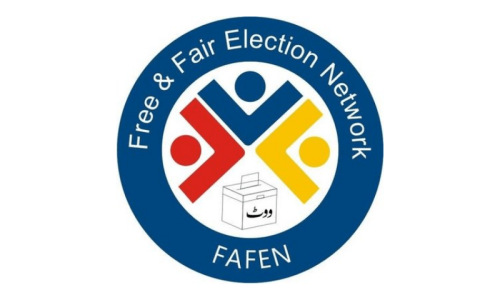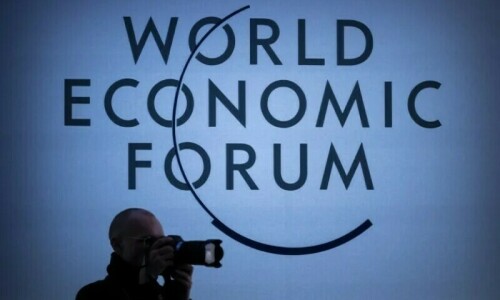KUALA TERENGGANU (Malaysia): Nearly four decades of controversial positive-discrimination policies were supposed to lift Muslim Malays like fisherman Maskan Mohamad out of poverty.
But despite the programme, which has alienated the nation’s ethnic Chinese and Indian citizens, Maskan’s family have empty bellies and little hope as they struggle to survive on a handful of dollars a day.
“All I know is how to fish. My family are all fisherman and even my children are fishermen because we cannot hope for anything more,” says the 62-year-old, who earns about 400 ringgit a month ($119).
That’s barely enough to feed his wife, three children and elderly parents. Maskan’s two teenage sons had to drop out of school at 11, and the whole family labours to process their daily catch.
“The government say they are helping us but I have not gotten much help from them,” he says.
“Where is the government money and projects to help us live a better life, to help my children get jobs and have a better future than me?” Malaysia’s population of nearly 27 million is made up of 60 per cent Malay Muslims who dominate the government, 26 per cent ethnic Chinese who are prominent in business, and eight percent ethnic Indians.
Two years after race riots broke out in 1969, the government launched the New Economic Policy (NEP) with initiatives to narrow the wealth gap between the Chinese and Malays.
But by 2004, 8.3 per cent of Malays were still living in poverty — earning less than $190 dollars a month — compared to just 0.6 per cent of Chinese and 2.9 per cent of Indians.
Critics say the main beneficiaries of the policy have been Malay entrepreneurs who cash in on an array of perks including discounts on property purchases and specially allocated government projects.
Meanwhile, the village of Seberang Takir outside the northern city of Kuala Terengganu is home to 20 fishing families leading a hand-to-mouth existence, living in rickety homes that are a patchwork of wooden planks and pieces of tin.
Women in brightly coloured batik work salting fish and shrimp in the hot sun, shrouded in dust from trucks rumbling to a reclamation site where the state government is building a new cruise ship terminal.
The fishing folk are unlikely to benefit. Instead, half the village has been demolished to make way for the new project.
“They now want us to move away from the beach. How can we do that as this is our livelihood? They are not paying us much for this land and they have yet to tell us where we will be shifted to. Is this helping the poor?” asks Maskan.
Terengganu, which until 2004 was held by the fundamentalist opposition Pan Malaysian Islamic Party (PAS), is expected to be a key battleground in national elections likely to be held by early 2008.
One out of every five people in Terengganu lives below the poverty line, and many say they are disappointed at how little the United Malays National Organisation (UMNO) which has ruled Malaysia for 50 years has done for them.
Development experts say that economic aid is badly needed in rural regions like Terengganu and neighbouring Kelantan, which is the only state now held by PAS.
But Prime Minister Abdullah Ahmad Badawi has warned that Malays cannot continue to rely on the NEP and government handouts, and that a change in mindset is needed.
“There are no easy ways to succeed in life. Only the educated, knowledgeable and the hardworking will succeed eventually,” he said on Sunday, according to the state Bernama news agency.
“I’ve said many times Malays are not stupid or weak,” he added. “I want the Malays to capitalise on the opportunities given to them.”—AFP












































Dear visitor, the comments section is undergoing an overhaul and will return soon.